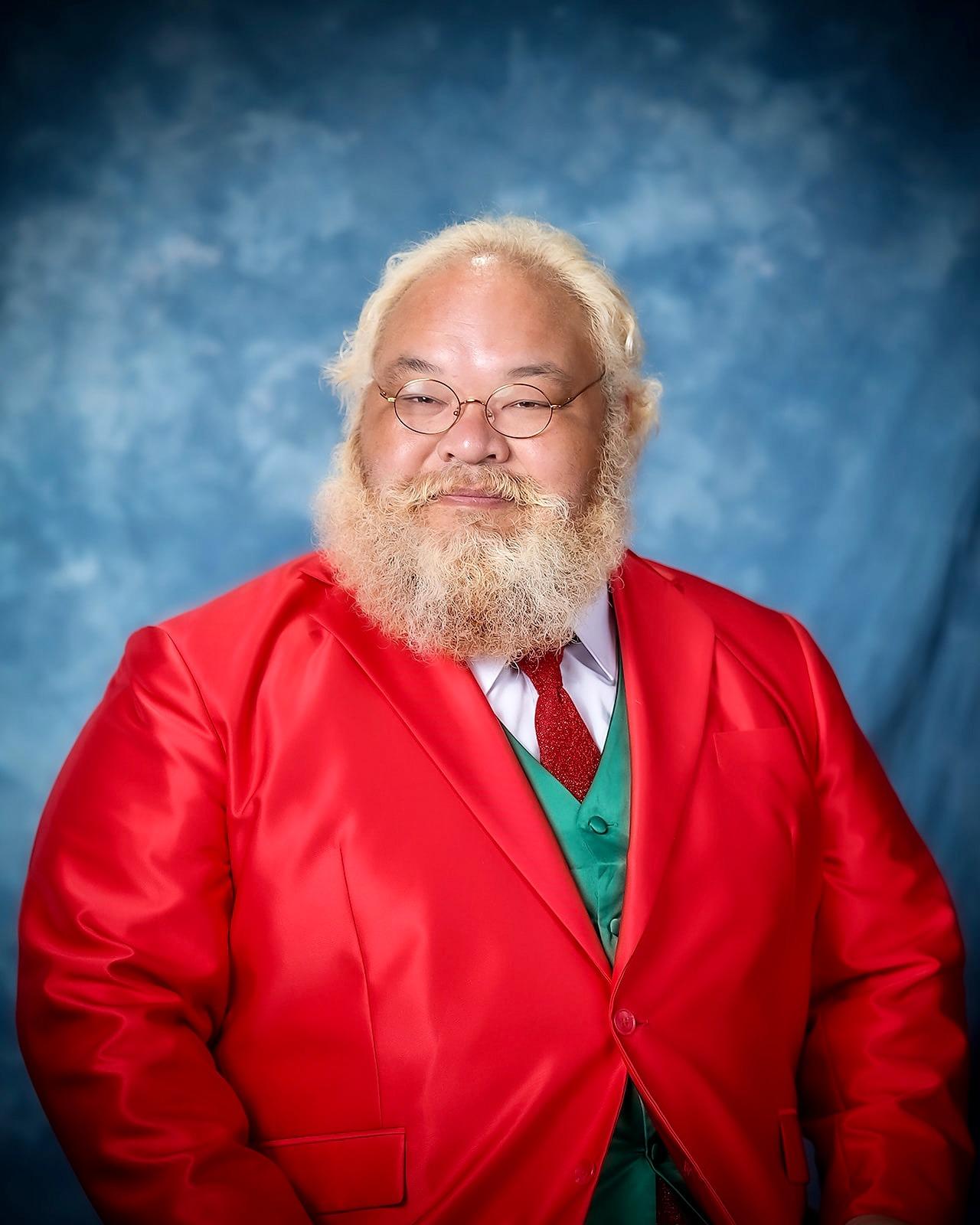 A bill by Dwayne San Nicolas will allow Guamanians to start businesses without going through the tedious permitting process for a year into their licensing. Bill No. 168-37 introduced by the senator this morning, will authorize the Guam Department of Revenue and Taxation to issue conditional business licenses for businesses to operate for a year while going through the permitting process for a regular license.
A bill by Dwayne San Nicolas will allow Guamanians to start businesses without going through the tedious permitting process for a year into their licensing. Bill No. 168-37 introduced by the senator this morning, will authorize the Guam Department of Revenue and Taxation to issue conditional business licenses for businesses to operate for a year while going through the permitting process for a regular license.
“Any business owner may apply for a conditional business license if he or she has failed to meet all requirements for a business license,” a section of the proposed new law states. “The conditional business license shall allow the licensee to operate his or her business that is without a Guam business license or a renewed Guam business license for a period of one (1) year, during which time, the licensee shall complete all requirements to obtain a business license.”
Guam’s business licensing requirements are, to state the least, cumbersome and restrictive. Different business operations have varying requirements for multi-agency permits. These range from least regulated businesses, such as home-based Internet services businesses to construction companies that dig quarries on their properties.
The permitting process normally involves tax clearances at the Guam DRT followed by processes at the Guam Department of Land Management, then back to DRT. The clearance process, depending on the type of business, could also include inspections by the Department of Public Health and Social Services, the Department of Public Works and the Guam Fire Department, and studies required by the Department of Agriculture, the Department of Parks and Recreation, Guam Waterworks Authority and Guam Power Authority.
“I’m looking for every avenue to support businesses and get people back to work,” Mr. San Nicolas. “When I ran for public office in 2022, I told the people of Guam that I want to grow the economy, which this bill, once passed, will do.”






1 Comments
Mabel Doge Luhan
09/18/2023 at 1:38 PM
At least in the CNMI, such a bill would be political suicide. Business owners here don’t vote. Bribe-collectors do. (And those business owners who do vote, e.g. Joeten family, are largely exempt from “licensing” extortion.)
One might hope that this is only a first step to eliminating all the bribe-collection opportunities altogether, rather than just staving them off for one year. Could the “provisional” license be renewable?